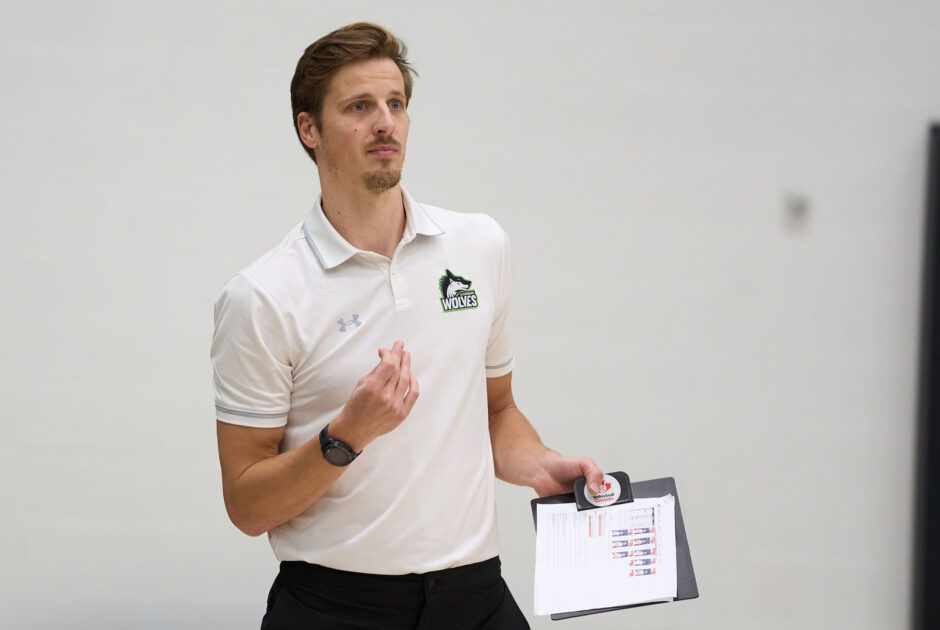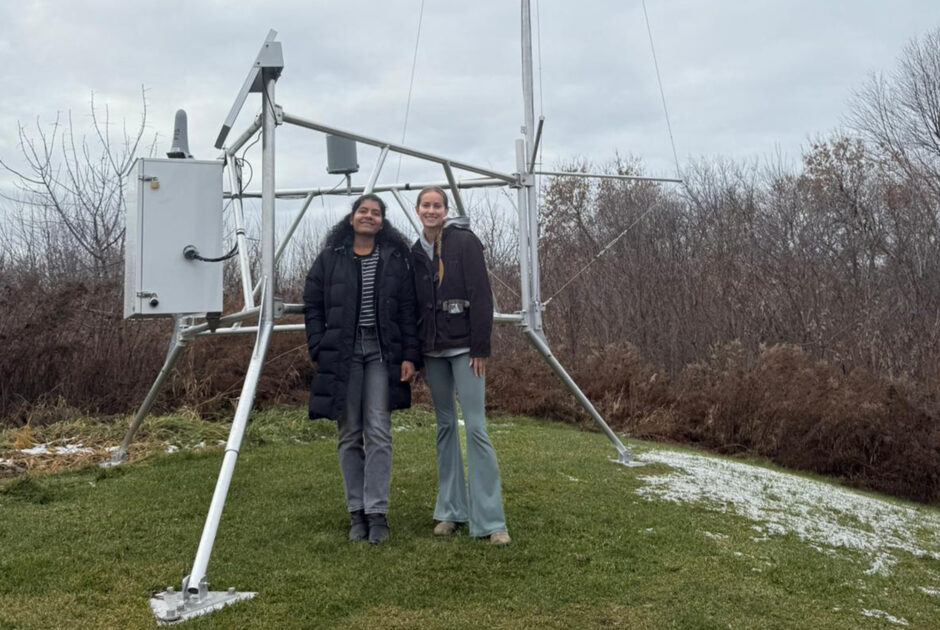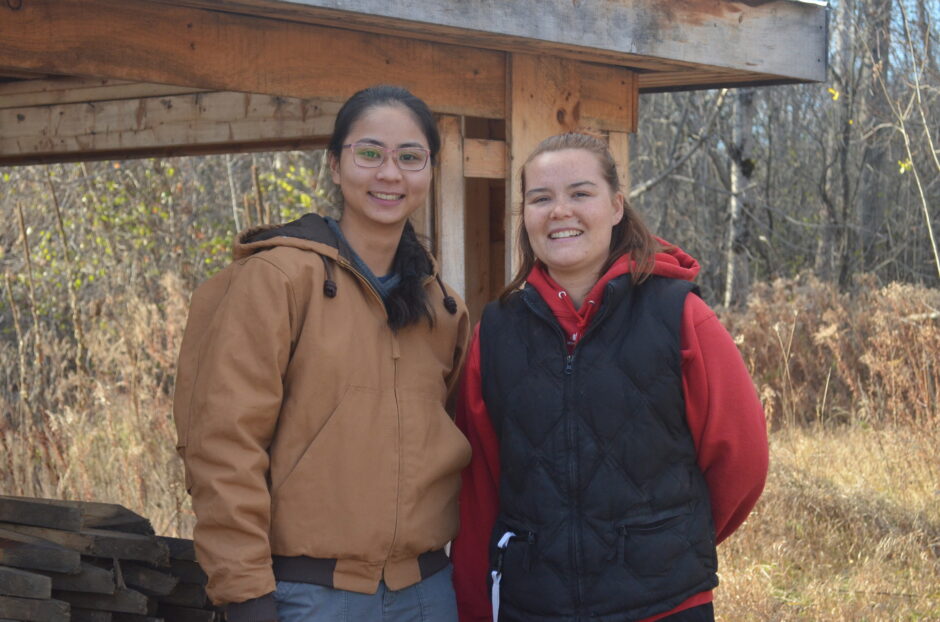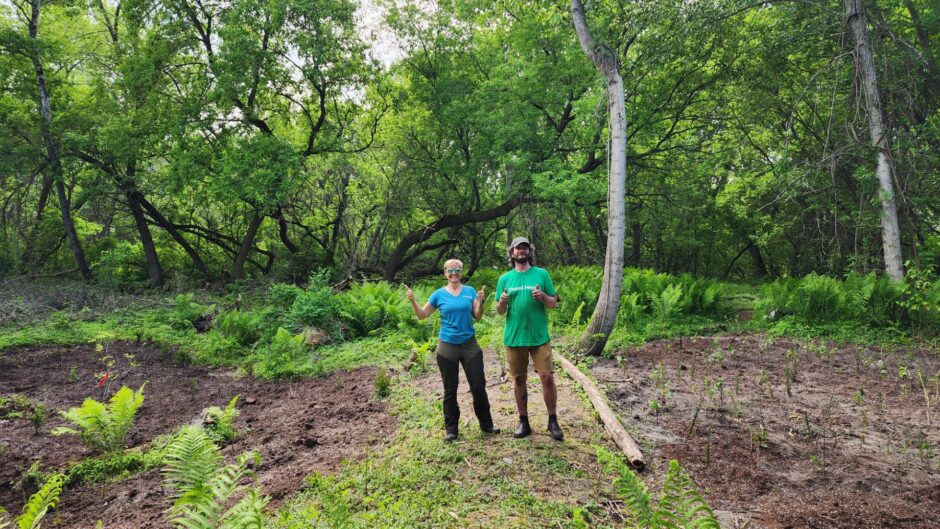First Person: It’s okay to pursue beauty, but don’t lose yourself in the process
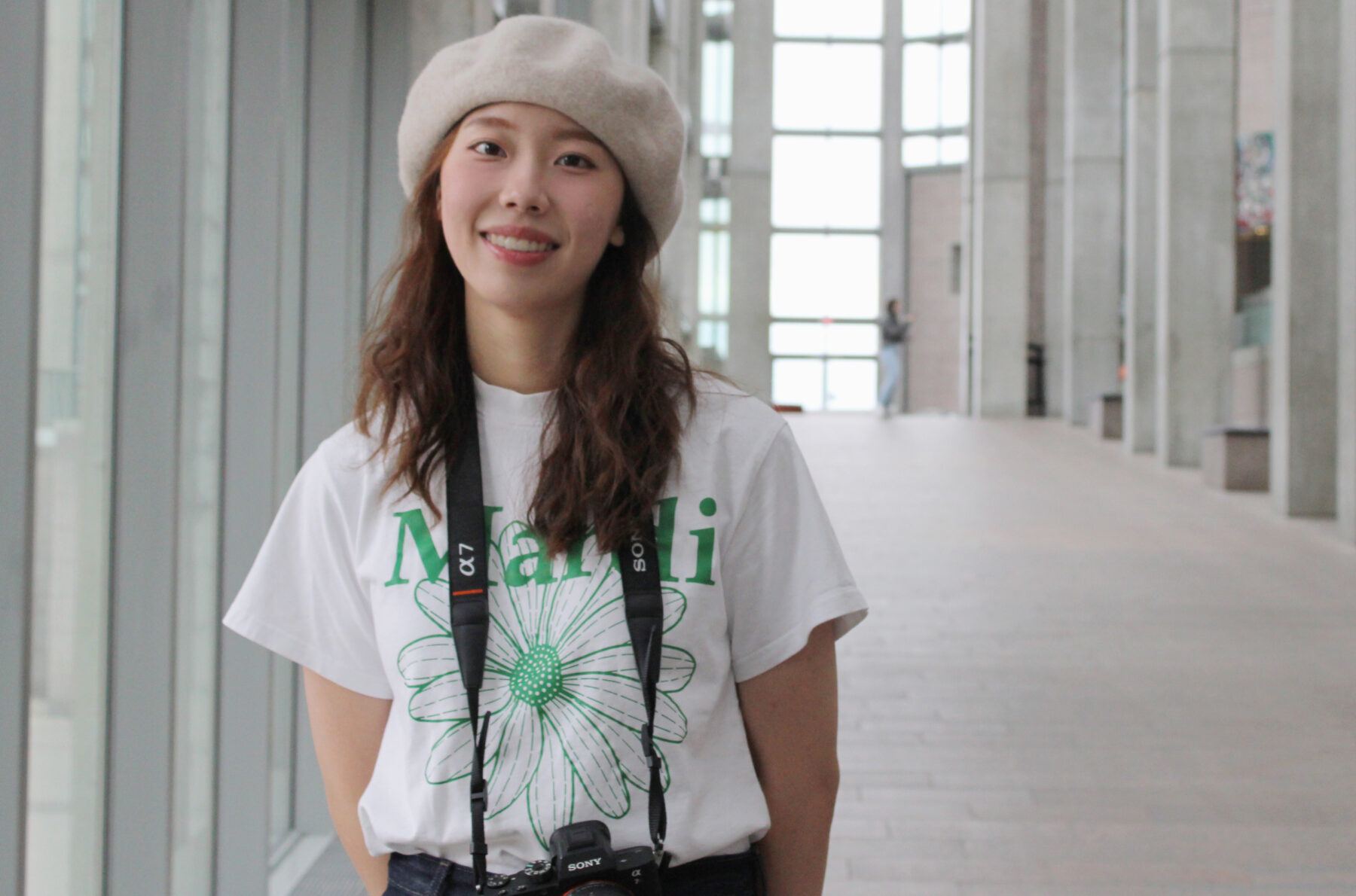
I remember sitting in a café on the University of Ottawa campus at the first day of my sophomore year, watching the people coming and going outside. A variety of individuals passed by: some tall and slender, some short and round, some with freckles, and others with fresh acne on their faces. Yet, they all walked with confidence, showing no signs of concealing their appearance. In that moment, I hit a turning point in my journey of shedding the rigid beauty standards I had grown up with in China.
From a young age, I’ve been constantly observing my appearance in mirrors—whether it was the one above the sink, the shiny glass doors at subway stations, the small makeup mirror in my desk drawer or any reflective surface around me. Dark skin, narrow eyes, sparse eyebrows, a broad nose and two prominent front teeth. I wasn’t what you’d call a pretty girl—or at least, that’s the idea my mother instilled in me from childhood. I never doubted it.
“You said you have many Korean friends from high school, right?” my mom would ask me. “You should ask them to take you to Korea and get plastic surgery one day, from head to toe all over again.” My mom would always say this while looking me up and down. “Otherwise, when you grow up, no boys will like you.”
That’s my mother, a great career woman and a traditional parent. She kept her own life, as well as our family’s habits and appearances perfectly in order. However, this came with exacting expectations for her three children. The expectations derived from the “ideal” standards upheld by traditional Asian society, and encompassed moral behavior, academics and appearance.
As a child, I was a tomboy, with wild, untamed hair, a bold smile and sun-damaged skin. I spent my days running freely under the scorching sun, climbing trees and playing pranks with the neighborhood kids. On the other hand, my two siblings were much more well-behaved, with fairer skin, glossy black hair and big doll-like eyes. The adults around us, including my parents, would often joke, “We must have made a mistake at the hospital and taken someone else’s child home.”
As I grew older, my mother not only supported me in my daily life but also guided me in various ways to “improve” my appearance. Starting at the age of 15, every summer, I frequently underwent skincare treatments, hair care and orthodontic work at her urging. But it had the opposite effect. The more I “fixed” myself, the more I felt like I wasn’t enough.
In the first few months after arriving in Canada, I kept holding onto some bad habits. When talking to others, I would subconsciously avoid eye contact, fearing they would see the new acne on my face. As a result, I would rather be late for my morning classes than leave the house without at least applying a layer of foundation.
But slowly, Canada began to change my perspective. During my university years, I started to meet people from all walks of life—people who didn’t fit into the narrow definitions of beauty I had grown up with.
Alexis Cheng is a friend I met during the online class period’s group project. She’s a Chinese-Canadian girl, born in Toronto, and over the past few decades, she’s moved with her family to places like Los Angeles, Montreal and now lives in Ottawa. Her standards of beauty have shifted over the years, she explains.
“Growing up between different cultures was a challenge because at some point, you suddenly realize you look different from the kids around you,” Cheng said. “There was a period in elementary school where I felt confused about my appearance. But after moving to Vancouver in middle school, I was lucky enough to make some cute friends through shared interests, and they were from all over the world. Since then, I’ve paid less attention to a single standard of beauty, and now I’ve developed my own unique style.”
Her words struck me deeply. In China and my mother’s opinion, beauty is defined and it often feels like appearance determines your value. Here in Canada, I began to realize that what actually mattered to people was my personality, my thoughts and my actions, not the poor skin condition I had from staying up late the night before.
This shift in mindset was gradual, but it felt genuine and lasting. I still enjoy wearing makeup because it’s a hobby of mine, but I no longer feel the need to cover up those insignificant blemishes. Instead, I began to focus on how to make my life feel comfortable and healthy. I also started to try more things I had never dared to attempt before, such as speaking up in public or sharing my thoughts at gatherings with friends.
Today, I’ve found a balance well between the two cultures that have shaped me. I no longer chase after my mother’s vision of beauty. When I occasionally pause in front of reflective surfaces, but just take a moment to appreciate my eyes and smile, both of which hold a unique charm I had once overlooked.
As an international student, this journey has been both challenging and liberating. The pressure to meet traditional beauty standards remains, but I’ve learned that beauty isn’t about perfection—it’s about being yourself. And that’s the most beautiful thing we can do.





